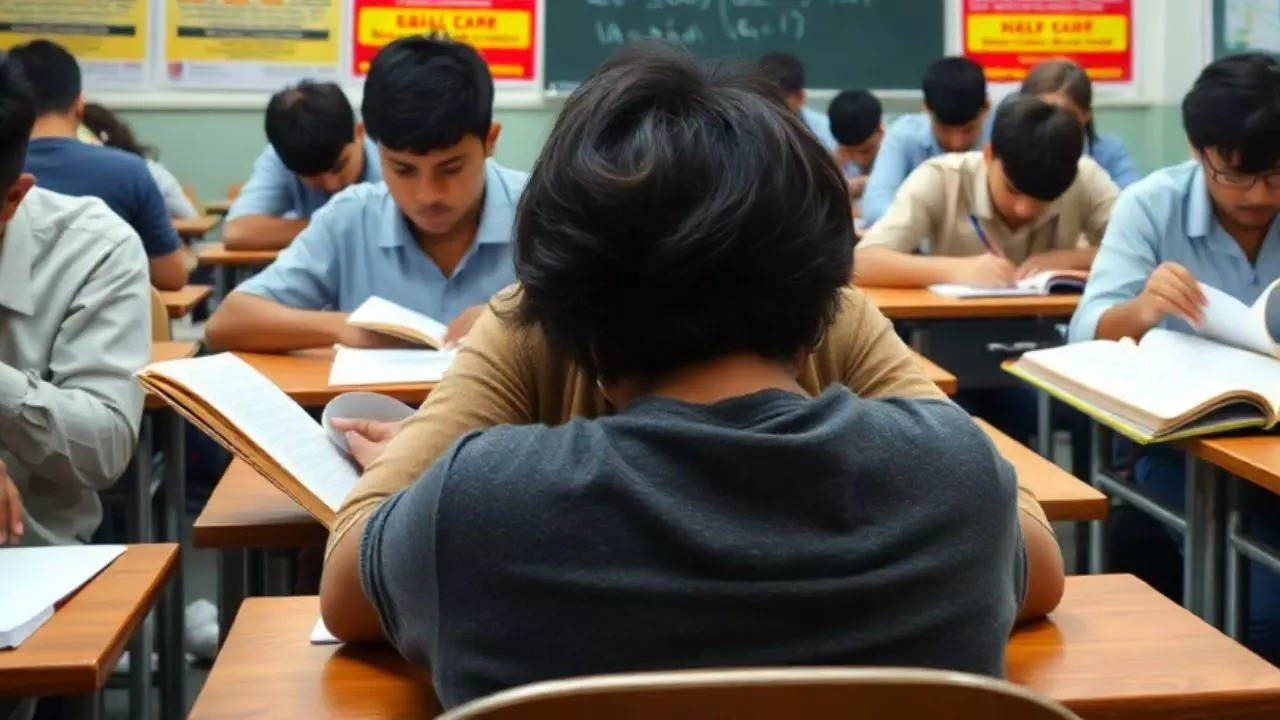Shubhra Ranjan IAS Study Penalized: Deceptive Ads Get a Rs 2 Lakh Fine
The Central Consumer Protection Authority (CCPA) recently cracked down on misleading advertisements, hitting Shubhra Ranjan IAS Study with a Rs 2 lakh penalty. This isn't just another fine; it's a wake-up call for coaching institutes across India employing deceptive marketing tactics to lure unsuspecting students. Are you prepared to avoid similar pitfalls?
The Misleading Ads Exposed
Shubhra Ranjan IAS Study's website boasted impressive success rates, claiming a staggering number of students in the top ranks of the UPSC Civil Service Exam 2023. Their advertisements were plastered with claims like "13 students in Top 100" and "39 students in Top 300." However, a closer investigation revealed a deceptive reality.
The Hidden Truth
The CCPA's investigation uncovered a crucial piece of missing information. While the ads highlighted the number of successful students, they failed to mention which specific courses these students had taken. This omission was deemed a serious breach of consumer rights, misleading prospective students into believing all courses offered had similar high success rates.
This is where things get interesting. The institute offered over 50 courses, yet the majority of those successful candidates primarily utilized a Political Science and International Relations (PSIR) crash course and test series. This post-preliminary exam prep is a critical factor not properly disclosed in the advertisement.
The omission of this vital piece of information prevented students from making an informed decision about the specific course best suited to their needs and significantly skewed the institute’s purported success metrics.
CCPA Takes Action: Setting a Precedent
The CCPA's decision serves as a clear warning to other coaching institutes engaging in misleading advertising practices. The authority's investigation emphasized the importance of transparency, highlighting how deceptive marketing harms prospective students by preventing them from making truly informed course choices.
A Broader Crackdown
This action is just one part of the CCPA's larger effort to curb deceptive advertising in the coaching industry. The authority has already issued over 45 notices to various institutions. More importantly, they have levied a total penalty of 63.6 lakhs across 20 different coaching centers and instituted multiple cease and desist orders concerning misleading advertisements. It’s a clear message: transparency and honesty are not just good ethics but legal requirements.
The CCPA's firm stance demonstrates their dedication to protecting consumer rights and ensuring a fair and competitive marketplace for educational services.
The Importance of Transparency in Education Advertising
This case underscores the need for transparency in the education sector. Students invest significant time, effort, and money into coaching programs, relying on accurate information to make critical decisions about their future careers. The deliberate concealment of critical details, as Shubhra Ranjan IAS Study exemplified, severely undermines the trust between students and coaching institutes.
Beyond Shubhra Ranjan: Lessons Learned
This instance serves as a critical example for other educational service providers. Honesty and clear communication with prospective clients are paramount. By obscuring or misleading information about success rates and course specifics, organizations could very well be jeopardizing their integrity and potentially facing considerable financial consequences. Future institutions must avoid these critical mistakes.
Take Away Points
- Misleading advertisements will not be tolerated. The CCPA's actions show a strong commitment to protecting consumer rights.
- Transparency is essential for maintaining trust in the education sector. Students need accurate information to make informed decisions.
- Coaching institutes must prioritize honest and clear marketing practices to avoid penalties and reputational damage.
- Always research various courses and seek multiple perspectives before committing to educational programs.




